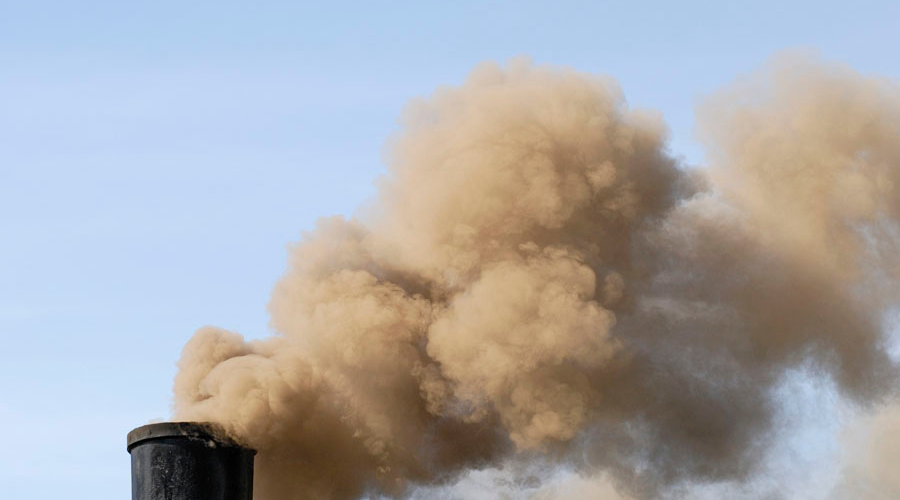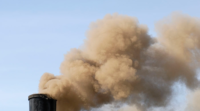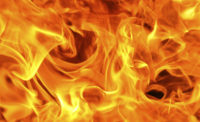How to protect your lungs from air pollution

Air pollution is a serious – and seemingly overwhelming -- public health problem, yet changes that individuals can make could help them both avoid some of the effects of harmful pollutants and reduce the level of toxins in the environment.
That’s according to the American Lung Association (ALA) and Dr. Eric Presser, a thoracic surgeon and the author of An Empowering Guide to Lung Cancer: Six Steps to Taking Charge of Your Care and Your Life
Check the air quality
“You can’t necessarily see the particles in the air, so it’s important to remember to check your air quality in your city before doing any physical activities outdoors, especially if your city just experienced a natural disaster such as a wildfire or hurricane,” Presser says.
If air conditions are poor, Presser recommends staying inside, “or if you have to go outside, protect your lungs by wearing a mask.” When driving make sure you have your ventilation system set to “recirculate” so your air conditioner is not circulating air from the outside.
Millions are affected
How serious is the problem? According to the ALA’s latest air quality report, some 133.9 million American live in counties with unhealthy levels of particle pollution or ozone – substances like carbon monoxide, lead, nitrogen dioxide, ozone, particulate matter and sulfur dioxide that can cause serious health issues including developmental and reproductive harm.
“Common sense tells us when your body is exposed to such toxic substances that it’s going to have a short and long term effect,” Presser says. Those effects can range from chest pain, difficulty breathing, coughing, throat irritation, and airway inflammation to harming lung tissue, reducing lung function, asthma, and increasing susceptibility to respiratory infections.
Globally, about 3 million premature deaths are associated to ambient air pollution primarily from lung cancer, heart disease, stroke, chronic obstructive pulmonary disease and acute respiratory infections in children.
The ALA has declared May Clean Air Month in an effort to raise awareness about the dangers of toxic air and the need to make changes to reduce pollution.
What you can do:
- use less electricity
- driving less
- not burn trash or wood, and
- ensure that your local school system requires clean school buses
Dr. Eric Presser is a thoracic surgeon in Palm Springs California and a member of First California Physician Partners (FCPP) and an associate professor with University of California, Riverside School of Medicine. He is known for his breakthrough contributions in the field of minimally invasive thoracic surgery.
Looking for a reprint of this article?
From high-res PDFs to custom plaques, order your copy today!





